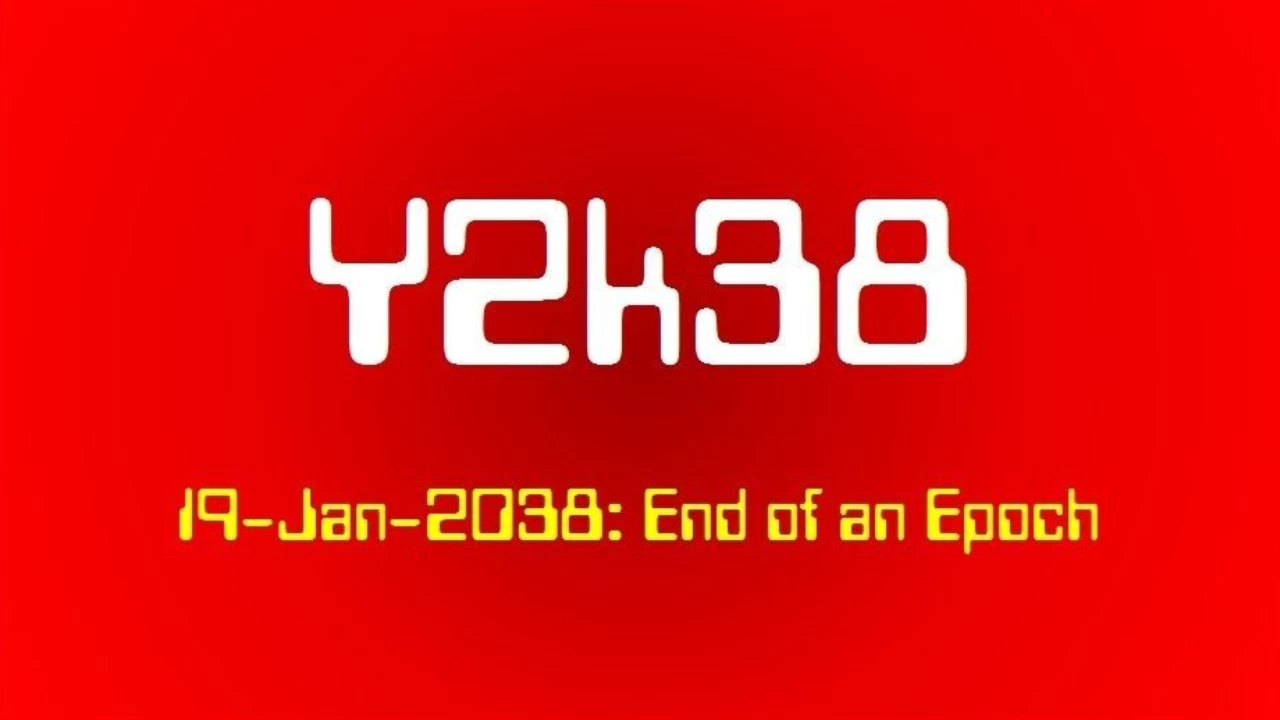
A few of you could bear in mind the Y2K drawback, the place the world anticipated airplanes to fall from the sky as quickly as we reached the yr 2000, primarily as a result of many software program purposes at the moment usually simply used the ultimate two digits of every yr to retailer calendar yr knowledge, which meant that the yr 2000 was indistinguishable from the yr 1900. Fortuitously, we had been in a position to keep away from the 2K drawback, because of the tireless efforts of many software program distributors and engineers. Now, we’re just a few years away from an analogous problem, and it appears to be like just like the Linux distro Debian desires to unravel that drawback proper now in its personal working system.
Principally, older 32-bit architectures will face the Y2K38 drawback within the yr 2038. It’s because the signed illustration of Unix datetime values will overflow the 32-bit area, which might trigger bugs in related software program. Debian is a reasonably previous distro with its first launch courting again to 1993, so the maintainers say that loads of delicate computing remains to be taking place on 32-bit structure. Though there are nonetheless roughly 13 years to go earlier than we attain 2038, builders need to proactively sort out the issue somewhat than having to scramble on the final minute like with Y2K, based on The Register.
One other title for Y2K38 is the Unix Epochalypse, because it impacts programs that retailer datetime values within the Unix format inside a signed 32-bit area. On January 19, 2038, 03:14:07 UTC, this area will overflow.
As such, Debian maintainers will use 64-bit time_t codecs even on 32-bit architectures beginning with the discharge of Debian 13 “Trixie”. This isn’t a small change, as maintainers discovered the usage of the time_t variable in random locations throughout 6,429 packages. The maintainers went on to say that:
The i386 port can be left with the present 32-bit time_t, as a compatibility structure for present x86 binaries. A brand new ‘i686’ x86 ABI/structure utilizing 64-bit time, and doubtlessly newer ISA options, may very well be created if there was adequate enthusiasm for dragging 32-bit x86 into its now very restricted future. The hurd-i386 port isn’t going to be switched, as its kernel lacks assist, and efforts are underway as a substitute to modify to hurd-amd64.
This can be a breaking change for some purposes, so it is very important take a look at your program’s response to the time_t variable swap by leveraging the Debian wiki. Apparently, Y2K38 might also impression sure older Home windows packages and out-of-support Home windows working programs.



No Comment! Be the first one.